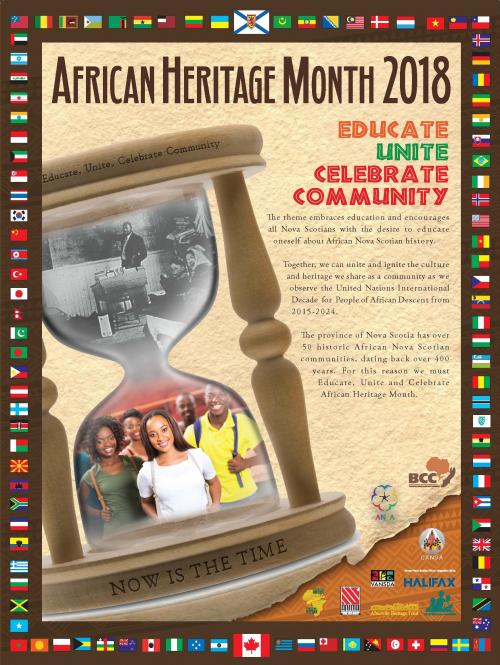This month, students, faculty, and staff, and people across Nova Scotia are being invited to celebrate, experience and learn about the rich culture, history, achievements and contributions of people of African descent during African Heritage Month 2018.
We’re proud to celebrate African Heritage Month on our @smuhalifax campus. @SMUHfxLibrary #dowhatyoudo #AHM2018 pic.twitter.com/hvJflSJxJE
— Rob Summerby-Murray (@smuprez) February 2, 2018
As part of African Heritage Month, Saint Mary’s Patrick Power Library is proud to host an event and exhibit highlighting the Lynn Jones African-Canadian & Diaspora Heritage Collection, a major recent addition to the University archives.
The collection chronicles over 50 years of African, African Diasporic and African-Nova Scotian heritage and history, including civil rights and social justice struggles, Dr. Lynn Jones & her family members' lives and activism, and diverse local, regional and international aspects of Black life, through everything from an obituary collection to news clippings, programs, reports and political campaign literature.
An exhibition of samples from the collection will run February 1-28 in the lobby of the Patrick Power Library. The public is invited to join Dr. Jones to learn about of the collection’s history and some of the way in which it’s being used, Tuesday, February 13 from 5:15 pm - 6:15 pm, in the SMU Library Classroom (room LI135).
More than 100 events are planned across Nova Scotia as part of African Heritage Month.
Click here for the Office of African Nova Scotian Affairs’ African Heritage Month 2018 event calendar.














